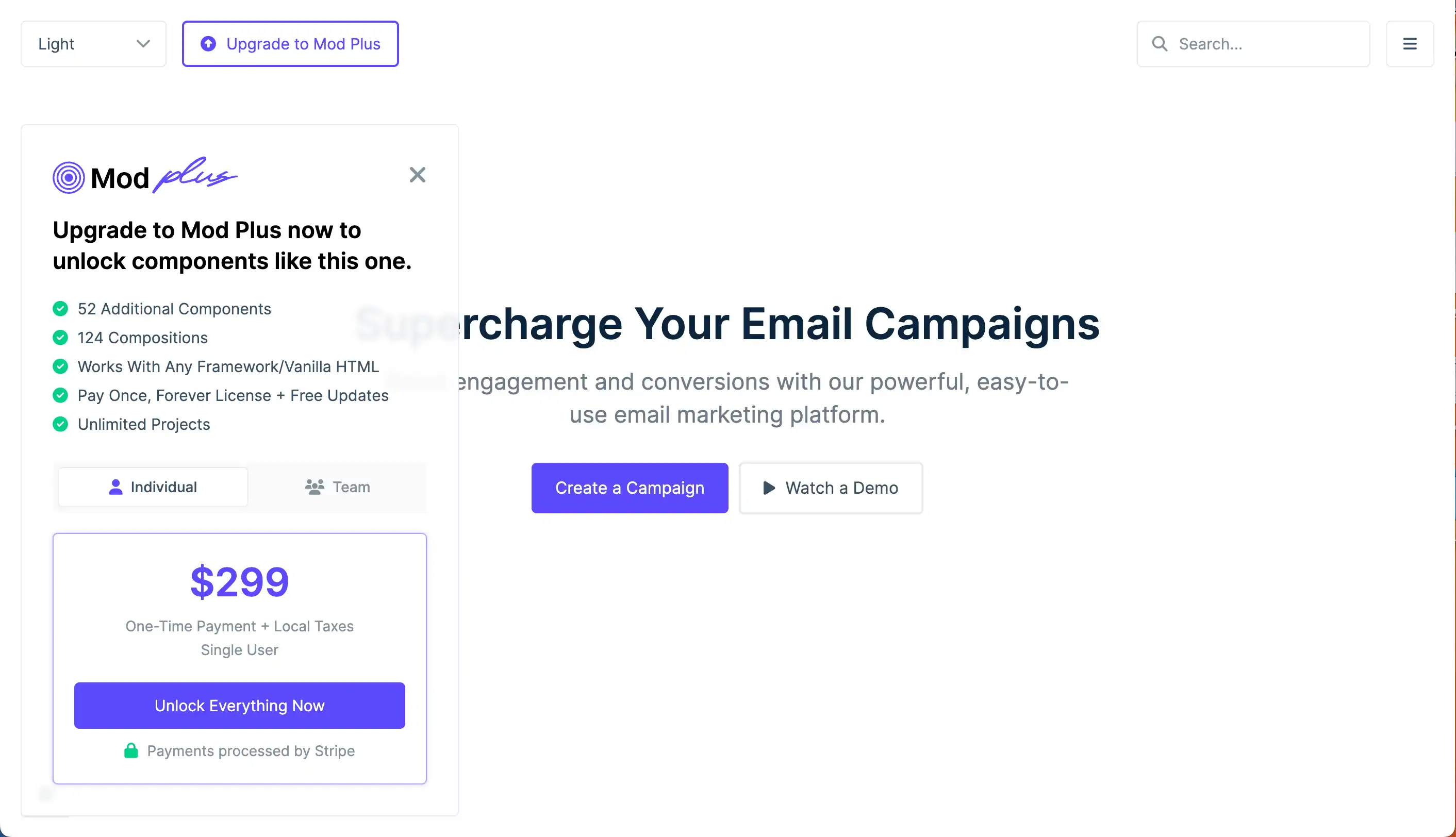journal // Jul 05, 2024
Indie Hacker Diaries: July 1st-5th, 2024

“People think AI is going to fix this. AI is just going to be another shit layer. "Oh, well now I don’t use Docker directly, now I just have AI spin up my Docker and my Kubernetes.” No. You guys, this is why all software is shit. Stop putting crappy APIs on top of other crappy APIs.“
— George Hotz
Curveball this week, folks. I'm changing the name of "What I Built This Week" to the "Indie Hacker Diaries." The former was a bit limiting in scope (and not offering a ton of value to you), so I decided to change it up. Same ideas as before: weekly updates, but I'll include some more value for you as opposed to just running my mouth.
The new approach will be to highlight stuff that I think is helpful or interesting—quotes, links, pro tips, etc—for indie hacking your own product. I’ll still include notes on what I’ve been up to, but it won’t be the primary focus.
On with the show.
Interesting Links
How to do marketing by Dan Kulkov - A helpful, no-bullshit guide to marketing your indie hacked product as a Google Doc. A lot of great ideas in here. I'd recommend checking out Dan's product FounderPal, too.
All Stripe Alternatives - Great list of Stripe alternatives for accepting payments. I have no immediate issues with Stripe, but always on the lookout for better stuff.
I Received an AI Email by Tim Hårek - A nice reminder to be careful about what you automate with AI. I'm a big believer in authenticity, especially when it comes to talking to others vs. trying to aUtOmAtE aLl ThE tHiNgS.
Pikimov - An open-source, Adobe After Effects alternative for motion graphics. I use AE about twice per year for videos and hate paying for the Adobe suite. Going to give this a try—may help you, too.
Pro Tips
- Leverage pre-built stuff like Stripe Checkout when you’re working on a new product. It’s tempting to use a 100% custom UI, but it’s a time waste until you’ve got customers (and they don’t really care if they can get access to the product—plus stuff like Stripe has trust built-in).
- Be careful when using AI to help you code stuff. I built a screenshot tool for auto-generating screenshot versions of paid Mod components when someone doesn’t have a license and the code Claude spit out nuked my laptop’s memory (~64GB worth).
- On the business side: make it EASY for people to pay you. I used to think it was grifty to put a lot of calls to action for payments/upgrades but that’s stupid. Encourage users to pay for your product (especially if it’s delivering a ton of value) and don’t shy away from it. You’re building a business, not a toy.
What I Worked On
- Figured out the “upgrade to Mod Plus” UI and flow. You’ll be able to see/download the free stuff whenever, but paid stuff just shows a screenshot of the component now and prompts you to upgrade (used Claude AI to help me generate a screenshot tool—see here for an “uh oh” lesson learned).

- Added a payments flow for purchasing a Mod Plus license via Stripe. First time in awhile I haven’t had to wire up subscriptions. Just used Stripe Checkout which was a nice change from doing a 100% custom payment form.
- Got the account dashboard set up for Mod Plus. Basic stuff like accessing license receipts, editing your profile/password, and getting access to downloads for Mod. Also adding team members if you buy a team license.
Final Thought
It's easy to get stuck in consistency bias and just keep doing the same thing because you already said that's what you're going to do. But if you're going to accomplish anything (especially early on), you have to be flexible.
You have to be willing to say "that was yesterday, this is today" and ignore the noise. Pleasing everyone is a losing strategy. They're either on board, or not. It's far better to focus on the people who stick around than it is to go chasing after the ones you couldn't please.
The cool part: in business, people who go away often come back if you end up offering something later that resonates with them.
